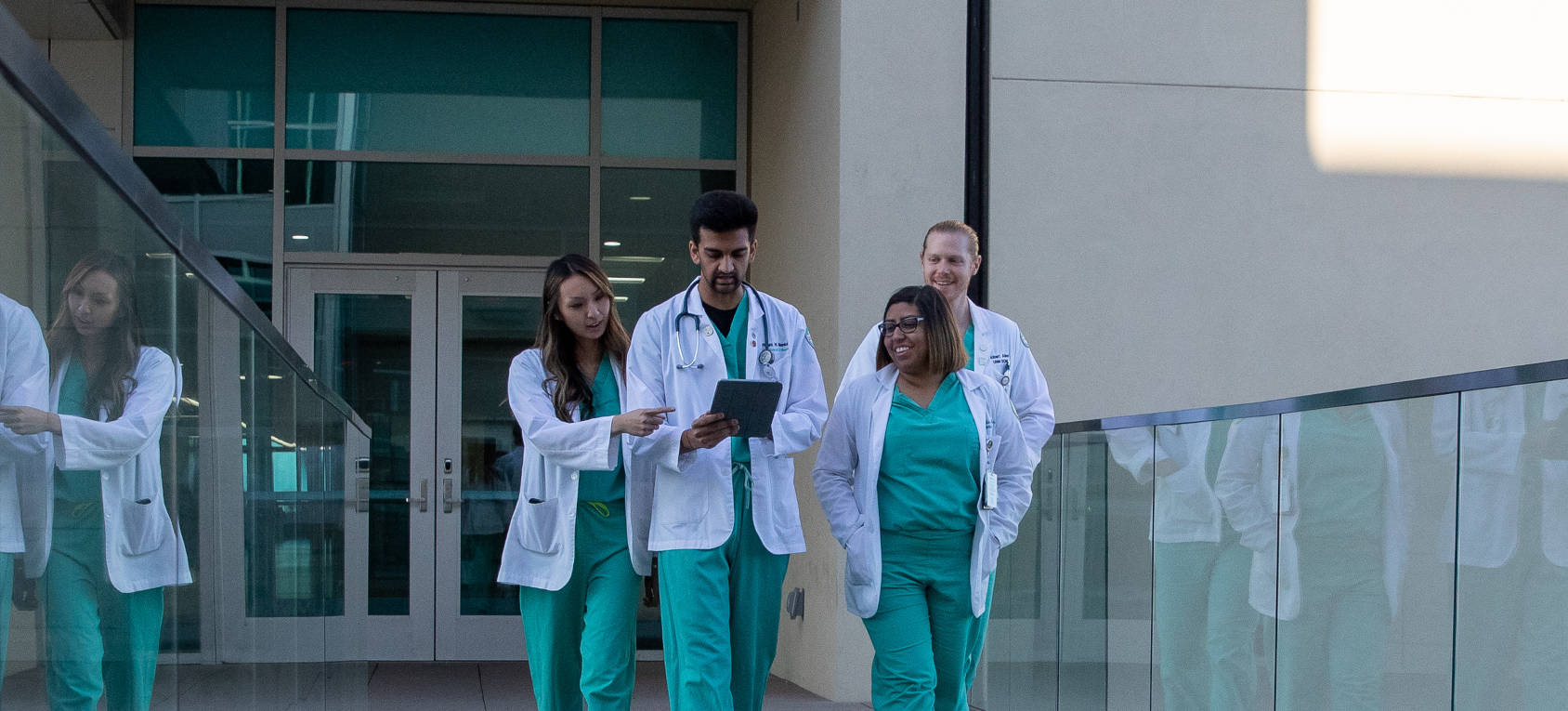Preparing for Disaster: UNM Hospital Participates in Region-Wide Emergency Training

UNM Health Sciences Center Announces Results of Medical Clerkship Study
The University of New Mexico’s Health Sciences Center continues to be a place for quality health professions education in an atmosphere that values diversity and inclusion. We have always been open and upfront when we have missed the mark and today, we are confronting a critical issue in our work toward a more diverse and supportive learning environment and workplace. We have been working with national medical school associations and groups as well as White Coats for Black and Indigenous Lives (WC4BIL) to make meaningful and thoughtful changes to our academic and clinical settings.
There is an emerging body of national evidence showing disparity in some educational settings for medical students of color and we are committed to being on the forefront of addressing this issue. We want to be clear; we own the findings of this analysis. We are committed to accountability and action on this information, taking a deep dive into how we got here and how we do better and learning from four other peer institutions who have already assessed similar issues in their own programs.
Systemic concerns regarding the seven mandatory clinical rotation assessments:
In the mandatory clinical clerkships, the national standardized exam grade and clinical evaluation grade are added to a clerkship-specific requirement to determine the final clerkship grade.
National standardized exam grade + clinical evaluation grade + clerkship specific requirement = final clerkship letter grade
Our data analysis showed that medical students who identify as white more often received an “outstanding” grade than students who identify as Indigenous, African-American/Black, Hispanic/Latino/Latina/Latinx or of Spanish origin, and/or Asian (collectively referred to as students of color).
How are we supporting learners?
The School of Medicine’s Offices of Well-Being, Learning Environment and the Applied Cognition in Medical Sciences Program can offer students comprehensive support for well-being, students experiencing mistreatment or bias and support for academic success. This is available to students who believe they have been affected, have other concerns about mistreatment or are troubled by these findings.
Learners can contact support services at HSC-UME@Salud.unm.edu.
What’s the plan to address this?
We are pulling together a working group that includes student leadership and WC4BIL to create a working plan and carve a new path forward for the School of Medicine. We will be bringing in leaders of professional and student organizations and national leaders as well as the public. We believe this process must be transparent and inclusive to create meaningful change.
We value the input and insight of our community and believe that our work in this area will not just positively impact The University of New Mexico, but other institutions who are tackling this critically important issue across the country.